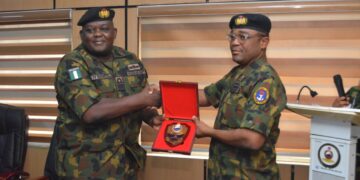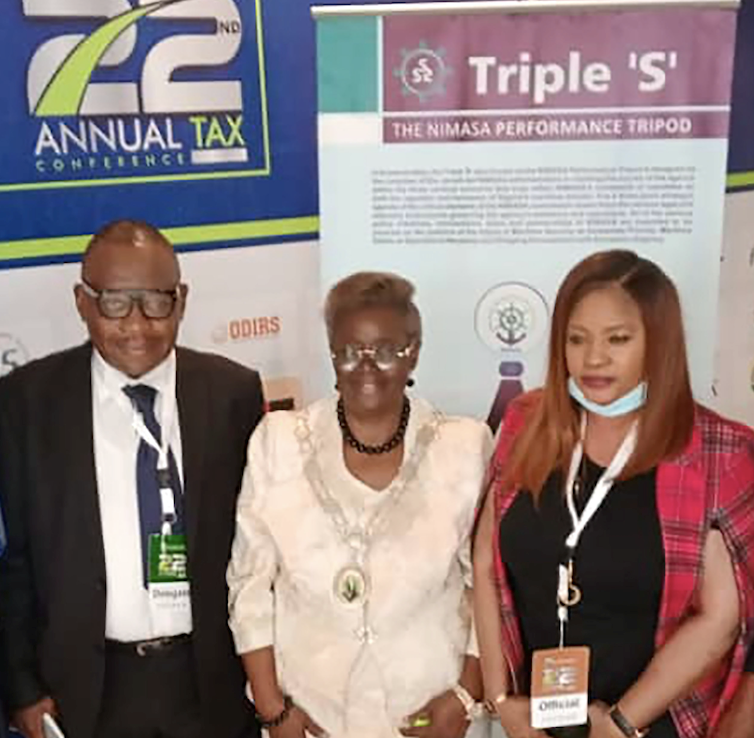The Chartered Institute of Taxation of Nigeria (CITN) has emphasised the pivotal role of the Nigerian Maritime Administration and Safety Agency (NIMASA) in the attempt to fast-tract tax revenue to a prime source of government finance in the country’s economic development drive.
President and Chairman of Council, CITN, Dame Gladys Olajumoke Simplice, said this in Lagos recently during the 22nd Annual Tax Conference organised by the institute.
Simplice commended NIMASA’s commitment to the development of the maritime industry through promotion of the Federal Government’s Ease of Doing Business initiative and expansion of infrastructure, saying they are key to national progress.
“NIMASA is a regulatory agency saddled with the responsibility of regulating shipping business in the maritime industry, creating enabling environment to simplify taxes on businesses to attract foreign direct investment, and revenue generation,” Simplice stated.
The CITN president also spoke on the strategic economic importance of marine tourism and water transportation and called for deliberate measures to develop them.
“As a regulatory body, it is your duty to regulate this tourism aspect of Nigeria, encourage indigenous shipping, and financially empower Nigerians to develop their cargo businesses, which automatically enable our local and foreign exports through ships,” Simplice said regarding the Agency. “NIMASA can bring water tourism into focus in Nigeria, and this is my charge to NIMASA,” she added.
Simplice said NIMASA had been instrumental in the fight against piracy and other maritime crimes, stating that the partnership with the Nigerian Navy would go a long way in safeguarding the country’s maritime environment.
She called for equal treatment of operators in the industry and tax concessions to shipping companies, especially on account of the adverse effect of COVID-19.
Dignitaries that graced the occasion included the governors of Lagos, Kaduna, and Gombe states, Mr. Babajide Sanwo-Olu, Malam Nasir El-Rufai, and Alhaji Inuwa Yahaya, respectively.
The conference centred on the broader role of taxation as an essential tool for economic growth and competitiveness, with submissions on policy, legal and administrative prescriptions for various stakeholders.

































































